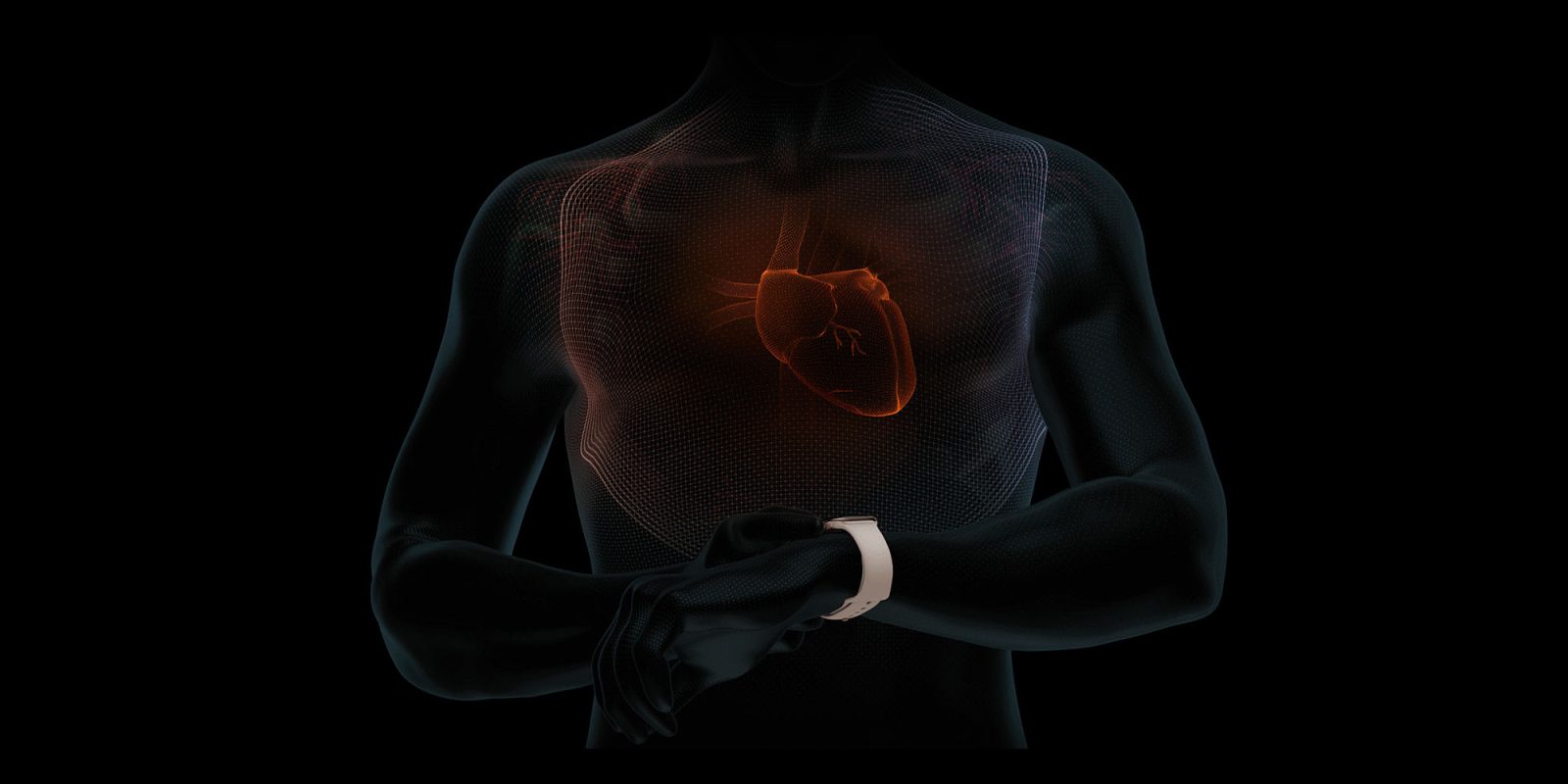

The Apple Watch AFib feature – which detects abnormal heartbeat patterns indicative of atrial fibrillation – has received a new tick of approval from the US Food and Drug Administration (FDA). Doctors have already credited the health feature with saving lives.
While the FDA had previously granted clearance for AFib detection, that was a limited endorsement …
The Apple Watch previously had FDA ‘clearance’
When the FDA first cleared Apple to include atrial fibrillation detection by the Apple Watch, that was the lowest hurdle. Specifically, the 510(k) clearance granted to Apple effectively said that the device is “substantially equivalent” to some existing device.
In other words, there were already existing optical pulse oximeters which worked in the same way as the one fitted to the Apple Watch, and those had already been shown to detect AFib.
Since usage of those earlier devices was already permitted, then the new device is effectively grandfathered in by a 510(k) clearance.
Now qualifies under MDDT program
The FDA has now announced that the Apple Watch AFib feature has now qualified as a Medical Device Development Tool (MDDT).
It says that this is the first ever digital health tech to qualify under the program.
The FDA is announcing the qualification of a new tool to assess atrial fibrillation (a type of arrhythmia, or abnormal heartbeat) burden estimates within clinical studies through the Medical Device Development Tools (MDDT) program.
The Apple Atrial Fibrillation History Feature is the first digital health technology qualified under the MDDT program, providing a non-invasive way to check estimates of atrial fibrillation (AFib) burden within clinical studies.
What does this mean?
It means researchers carrying out clinical studies into atrial fibrillation are now allowed to rely on Apple Watch AFib data as part of their findings.
Specifically, an Apple Watch can now be used to determine the severity of AFib (known as the AFib burden) in order to determine whether treatment is needed, and then to measure the effectiveness of that treatment afterwards.
The MDDT qualification determines that the device creates “scientifically plausible measurements.” Effectively, the FDA is stating that it is sufficiently confident in the reliability of the feature to determine its results safe to use in research studies.
I’ve previously argued that AFib History is the quiet beginning of a huge Apple Health revolution.
Via MyHealthyApple and Macrumors. Image: Apple.
FTC: We use income earning auto affiliate links. More.
Discover more from reviewer4you.com
Subscribe to get the latest posts to your email.





